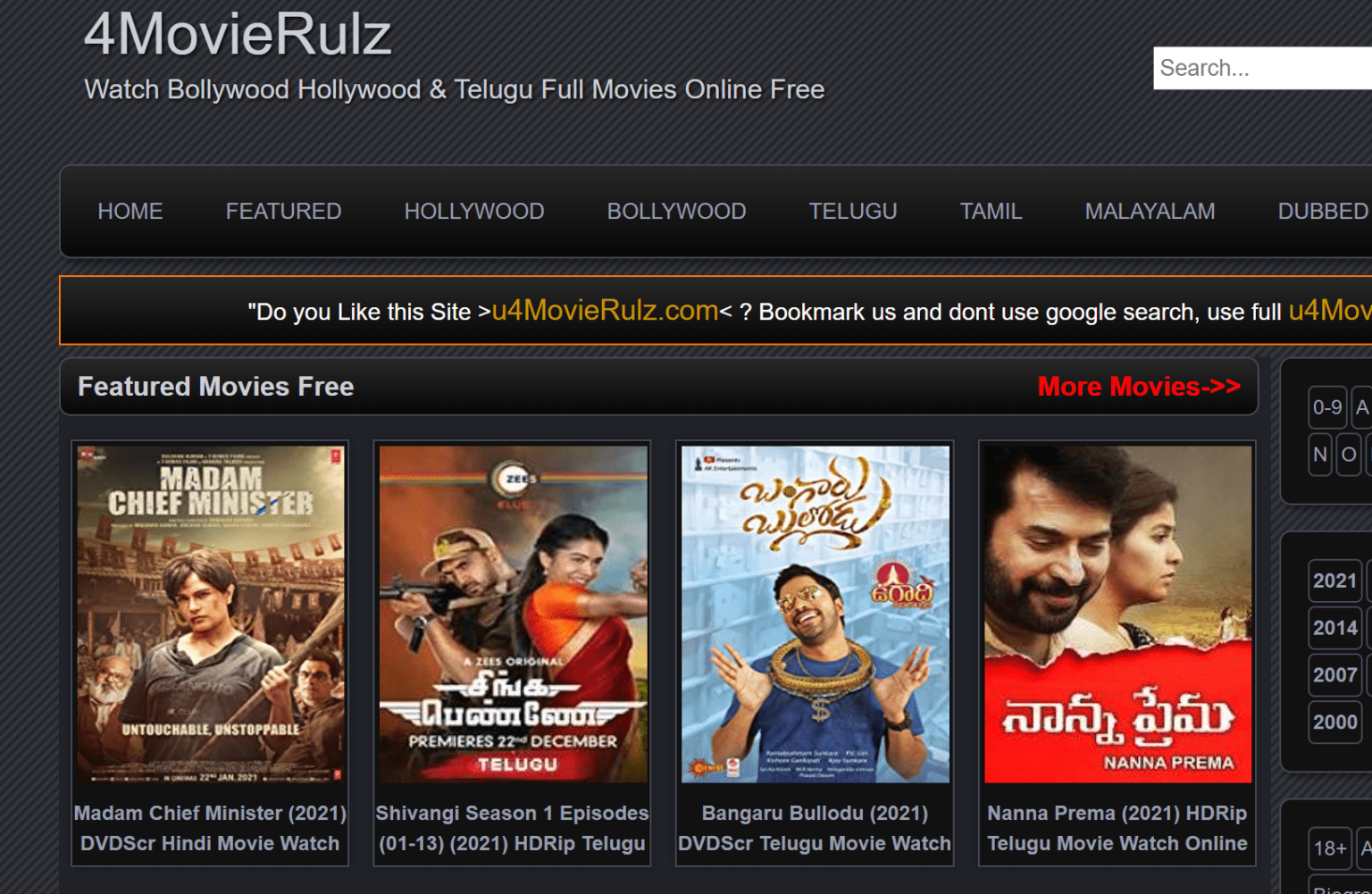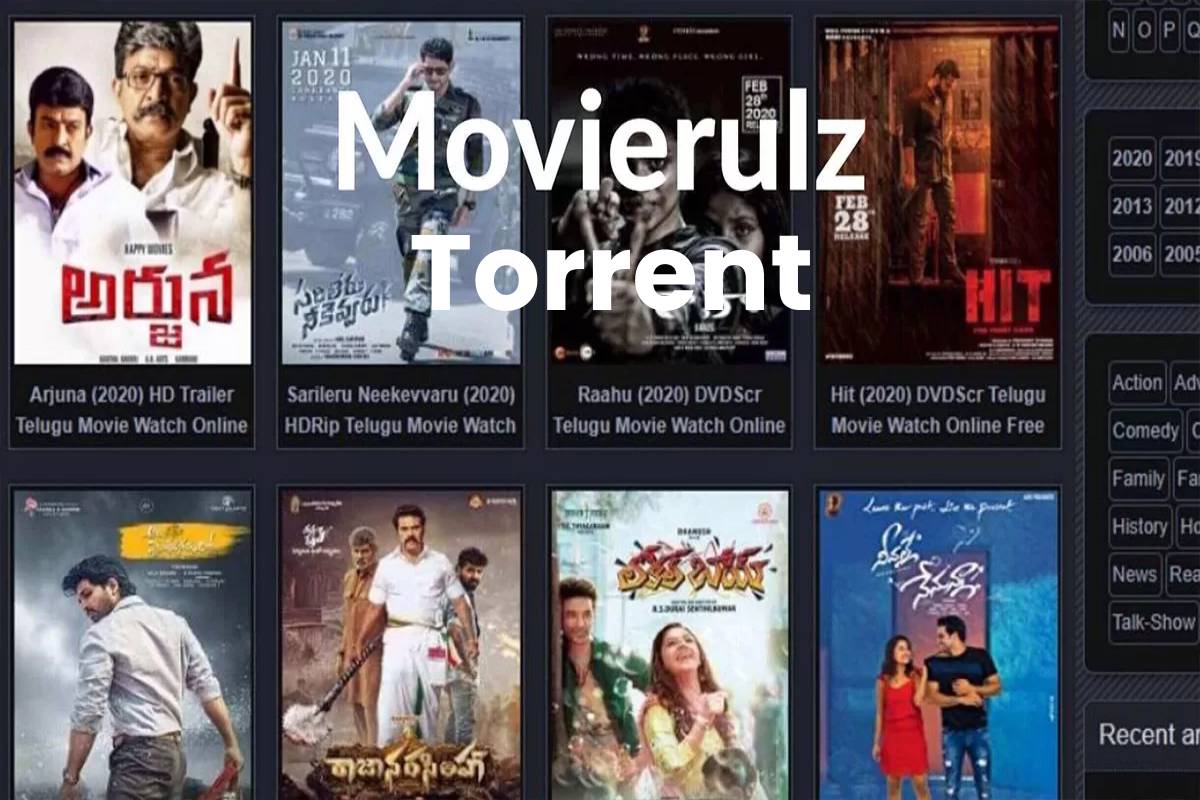Movie Ruls
Movie Ruls - Decoding Cinema's Unwritten Agreements
Have you ever found yourself watching a film, feeling a certain way about what's happening, almost like there's an invisible script guiding your feelings? That, in a way, is the quiet power of "movie ruls." These aren't necessarily things written down in a big book for everyone to see, but rather patterns and expectations that shape how stories unfold on the screen, and how we, the people watching, tend to react to them. It's about more than just the plot; it's about the very fabric of how a cinematic tale gets told.
You see, whether you're someone who just enjoys a good flick now and then, or someone who lives and breathes the moving pictures, there's a kind of shared understanding that builds up over time. It's like a secret language, if you will, that both the creators and the audience speak, often without even realizing it. These guidelines, these common ways things are done, are pretty much everywhere, subtly influencing everything from a character's actions to the very structure of a story. It’s quite fascinating, really, how these ideas take hold.
And yet, too it's almost funny how these very firmly established ways of doing things, these cinematic conventions, sometimes get turned on their head. What happens when a story decides to bend or even break one of these long-held notions? It can certainly make for a surprising experience. We're going to explore some of these fascinating aspects, from the things characters say are rules within their own fictional worlds, to the bigger, quieter forces that shape how films are made and shared with us.
- Ullu Web Series Movierulz 2025
- 23 Movie 2025 Movierulz
- Mkvcinemas Point
- Skymovieshd 2024 Download
- Ullu Website
Table of Contents
- What are Movie Ruls, Anyway?
- Do Movie Ruls Ever Break Down?
- Why Do We Even Have Movie Ruls?
- Are All Movie Ruls Created Equal?
What are Movie Ruls, Anyway?
So, what exactly are these "movie ruls" we're talking about? Well, they come in a couple of different forms. Sometimes, they are actual declarations made by characters right there on the screen, like a character in a horror picture telling everyone, "Never split up!" or a hero laying out the steps for a successful heist. These are the ones you hear, the ones that are vocally stated within the story itself. They create a kind of internal logic for that specific film, giving us a sense of how that particular fictional world works. It’s pretty clear what those are.
Then there are the other kinds, the ones that are more like general understandings or common ways things are done across many, many films. These are the essential ideas that someone who really enjoys movies might just pick up on over time. They're the patterns that filmmakers often follow, whether they mean to or not, because these patterns tend to work well for telling stories. You know, like how a character introduced early on with a strange hobby might end up using that hobby to save the day later. It's a common thread, you see.
We often absorb these general rules without even thinking about them, and they help us make sense of what we're watching. They guide our expectations, letting us guess what might happen next or why a character is acting a certain way. They are pretty much everywhere, subtly guiding our viewing experience, and that, is that, a big part of why we connect with stories the way we do. They give us a framework, a way to process the visual information.
- 3 Movie Rules
- Ullu Series Download
- Ullu Web Series Video
- Mkvmoviespoint Net
- Ullu Tamil Web Series Download
The Unspoken Language of Storytelling - Understanding Movie Ruls
Think about it like this: every film has its own kind of grammar, its own way of putting sentences together. These "movie ruls" are a big part of that grammar. They're the unwritten agreements between the people making the film and the people watching it. For example, when you see a character suddenly look off into the distance with a thoughtful expression, you pretty much know they're probably remembering something important from their past, or perhaps planning something significant. That's a kind of rule, a visual cue we all get.
These guidelines can be as simple as knowing that the hero probably won't perish in the first five minutes, or that if someone says "I'll be right back," they might not actually return. They're the little signals that help us predict and feel involved in the story. They give us a sense of comfort, a feeling that we know how this kind of story typically goes, even if it eventually surprises us. It's actually quite clever how these small things add up to a big picture.
Filmmakers, actors, and even folks who just watch a lot of movies really benefit from having a grasp of these conventions. They help everyone involved communicate more effectively. Knowing these "movie ruls" means you can appreciate when a film cleverly uses them, or when it decides to play with them in a surprising way. It’s like knowing the notes in music; once you know them, you can appreciate the song even more, or perhaps notice when a note is played differently. It's really about building a shared understanding.
Do Movie Ruls Ever Break Down?
Now, here's where things get interesting. What happens when these carefully established "movie ruls," whether they're spoken aloud by characters or just generally understood, suddenly don't hold up? It's like watching something that was supposed to be sturdy just fall apart, like a piece of paper that got all wet and lost its shape. Sometimes, a film will set up an expectation, a way you think things are going to go, and then completely pull the rug out from under you. This can be very effective, or, sometimes, it can just feel like a mistake.
Audiences, you know, they really do care when these kinds of established patterns are concerned. If a film introduces a rule, say, that a certain kind of creature can't stand bright light, and then later on, that creature is just fine in the sunshine, it can feel a bit odd. It might make you question the internal consistency of the story. It’s like a promise that wasn't kept, in a way. People like things to make sense within the world that has been presented to them.
This breaking of the established order can happen in many ways. Sometimes it's a deliberate choice by the storytellers to shock or surprise, to show that their world doesn't play by the usual playbook. Other times, it might be an unintentional slip, a plot hole that just kind of appears. Either way, it really does make you think about how much we rely on these unspoken agreements for our viewing pleasure. It's a bit like a game where the rules suddenly change in the middle, isn't it?
When Established Movie Ruls Go Sideways
Consider a situation where a new person shows up, perhaps a soldier, claiming to be a close friend of someone who has passed on, and they are welcomed into a family's home. There's a kind of implicit "movie rul" there, isn't there? The idea that this person, having come from such a significant connection, must be trustworthy, perhaps even a source of comfort. We expect them to be who they say they are, and to behave in a certain way, based on the setup. This is a very common scenario in stories.
But what if that "rul" gets twisted? What if the person isn't quite what they seem, and their presence starts to bring about unexpected turns? This is where the story plays with our expectations, taking a common setup and leading it somewhere different. It’s a powerful way to keep an audience guessing, to make them question what they thought they knew. These moments, when the familiar path veers off, are often the ones that stick with us the most, actually.
It's about the tension between what we anticipate based on how stories usually go, and what actually unfolds. When a film deliberately messes with these established "movie ruls," it can create a truly memorable experience. It shows us that even the most deeply set patterns can be rethought, and that sometimes, the most interesting stories are the ones that dare to be a little bit unpredictable. It's pretty cool when that happens, frankly.
Why Do We Even Have Movie Ruls?
So, if these "movie ruls" can sometimes fall apart, why do we even bother with them in the first place? Well, a big part of it comes down to things that happen behind the scenes, things that shape the movies long before they ever reach our eyes. Have you ever thought about why a film gets a certain age recommendation, or why some parts you remember seeing in a preview just aren't in the finished picture? This is where the quiet forces of film regulations come into play. They are, in a way, the hidden architects of the experience.
These regulations are the practical guidelines that dictate how films are made, how they are presented, and even how they are shared with the public. They cover a lot of ground, from safety on the set to what kind of content is allowed for different audiences. They are there to make sure that the creation process is orderly, and that the finished product meets certain standards. It’s pretty important stuff, really, even if we don’t think about it much.
These external "movie ruls" are a fundamental part of the cinema world. They ensure a degree of consistency and safety, and they also influence the creative choices that filmmakers make. They are a big reason why films look and feel the way they do, and why certain types of content might be handled in particular ways. It’s all part of the larger picture, influencing what we get to see and how we get to see it.
The Silent Shapes of Film - External Movie Ruls
These external "movie ruls" are like the bones of the film industry, providing structure and support. They're about more than just what happens in the story; they're about the business and legal sides of bringing a film to life. They touch upon everything from how a movie is financed to how it's distributed and consumed. These are the guidelines that everyone involved in the movie-making process, from the folks holding the cameras to the people in charge of the money, tends to follow.
For example, there are rules about copyright and intellectual property, which protect the creators' work. Then there are rules about how films are rated, which helps parents decide what's appropriate for their children. These regulations, while not part of the story itself, certainly shape the final product we see. They ensure a certain level of quality and responsibility, which is quite important for such a widespread form of entertainment. It’s a pretty complex system, you know.
Understanding these bigger picture "movie ruls" helps us appreciate the entire journey a film takes, from an initial idea to something we can watch in our homes. They are the unseen forces that make the whole thing possible, providing a framework for creativity to flourish within certain boundaries. It's really quite remarkable how much goes into getting a film from concept to screen, and these rules are a big part of that process.
Are All Movie Ruls Created Equal?
So, with all these different kinds of "movie ruls" floating around, you might wonder if they all hold the same weight. The truth is, they really don't. There's a pretty big difference between the internal story conventions we discussed earlier and the more official, external regulations that govern the industry. One set is about how a story feels and flows, while the other is about how the whole enterprise of making and sharing films actually operates. It's an important distinction, as a matter of fact.
On one hand, you have the informal "movie ruls" that filmmakers and audiences generally agree upon for storytelling. These are flexible; they can be played with, subverted, or even completely ignored for artistic effect. A director might purposefully break one of these unwritten rules to surprise the audience or make a point. It's a creative choice, you see, a way to add flavor to the narrative. They're more like suggestions than strict commands, pretty much.
On the other hand, there are the more formal "movie ruls," the ones that come with legal implications or industry standards. These are the regulations that dictate things like film ratings, or the rules about where and how you can legally watch movies and TV shows. These are not suggestions; these are guidelines that everyone involved is expected to follow. They carry a lot more weight, obviously, because there can be consequences for not adhering to them.
Official Versus Unofficial Movie Ruls
When we talk about official "movie ruls," we're talking about the legal side of things, the proper channels for getting your entertainment. For instance, if you want to watch the latest films, there are established, legal ways to do that, like using services that require a subscription or a purchase. These platforms, like the well-known ones for streaming, are set up to provide content in a way that respects the creators' work and keeps your information safe. It's a very straightforward system, really.
However, there are also unofficial ways to access movies and TV shows, like certain websites that might offer content without proper authorization. These unofficial avenues often come with their own set of risks, including security concerns for your personal devices and the potential for legal issues. It’s quite important to understand the difference between these two paths. One is sanctioned and safe, the other, well, it's a bit of a gamble, isn't it?
So, while understanding the "movie ruls" of storytelling helps you appreciate the art, knowing the official "movie ruls" about how and where to watch films protects you and supports the people who make the entertainment we love. It's about making smart choices, knowing where the legitimate content lives, and avoiding the places that might put you at risk. These are the fundamental ideas that help you navigate the world of cinema, both in terms of enjoying the stories and being a responsible viewer. It's pretty much all about making good decisions for yourself.



Detail Author:
- Name : America Flatley
- Username : rebecca.klein
- Email : greenholt.ophelia@jacobs.com
- Birthdate : 1972-11-14
- Address : 45551 Funk Port Lupefurt, WY 23360-1144
- Phone : 1-629-765-3640
- Company : Kutch, Hayes and Beier
- Job : Social Worker
- Bio : Facere ullam qui odit accusantium dolorem a. Ea porro illum nisi aut. Provident et asperiores aut consectetur est voluptatem id.
Socials
linkedin:
- url : https://linkedin.com/in/fern.rippin
- username : fern.rippin
- bio : Quam vero totam debitis.
- followers : 5381
- following : 1322
facebook:
- url : https://facebook.com/rippin1983
- username : rippin1983
- bio : Molestias beatae modi sed praesentium.
- followers : 6141
- following : 2026
instagram:
- url : https://instagram.com/fern_id
- username : fern_id
- bio : Similique commodi ut ullam placeat. Ab consectetur cum culpa ratione nesciunt eum voluptatem.
- followers : 4306
- following : 851